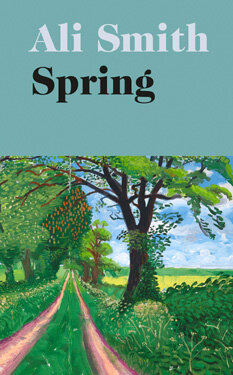There's been a lot of discussion recently about what makes a good ally to the Black Lives Matter movement. Certainly I and many other white people want to show support, get informed and help enact real change. But a troubling issue about this in our social media age is that such allyship can become performative and however well meaning allies can be it can come across as more concerned with image than the welfare of black individuals. These are issues that Kiley Reid's debut novel “Such a Fun Age” gets right to the heart of by dynamically portraying two white individuals who seek to support a young black woman who is racially profiled.
Emira is an African American in her mid-20s who has the very sympathetic problem of properly “adulting” as she doesn't know what she wants to do with her life. Rather than seeking more substantial career advancements like her friends, she becomes a babysitter who is more or less stuck with meagre wages and no benefits. Her charge is three year old Briar, an endearingly panicky white girl who Emira grows to love. Briar's mother Alix is an upper-middle class blogger who revels in receiving free products and has launched a female empowerment brand with the message “Let Her Speak”. When a tense incident occurs in Alix's home late at night Alix calls Emira in to get Briar out of the house for a short period of time. When Emira takes the girl to a local market a white female customer and store security guard confront Emira implying that she's kidnapped this white girl. Kelley, another white customer intervenes and films the entire confrontation. Out of this incident, the novel's plot is set in motion as both Alix and Kelley seek justice on Emira's behalf.
Kelley encourages Emira to post the video publicly and get compensation while Alix seeks to befriend her babysitter by plying her with wine and creepily trying to gain her confidence. In both cases they are more concerned with an idea of Emira and exhibiting the right principles rather than respecting who Emira is as an individual. This makes for a very funny read as the author gently satirises the situation and tests out what's really meant by friendship/allyship. The novel skilfully gets at the subtle reasons discussing race and enacting true racial equality continues to be so problematic. What's even more impressive is that this is such an enjoyable, easy read that also makes many thoughtful, nuanced points. It's an excellent novel that encourages a lot of discussion and useful self-scrutiny.


















